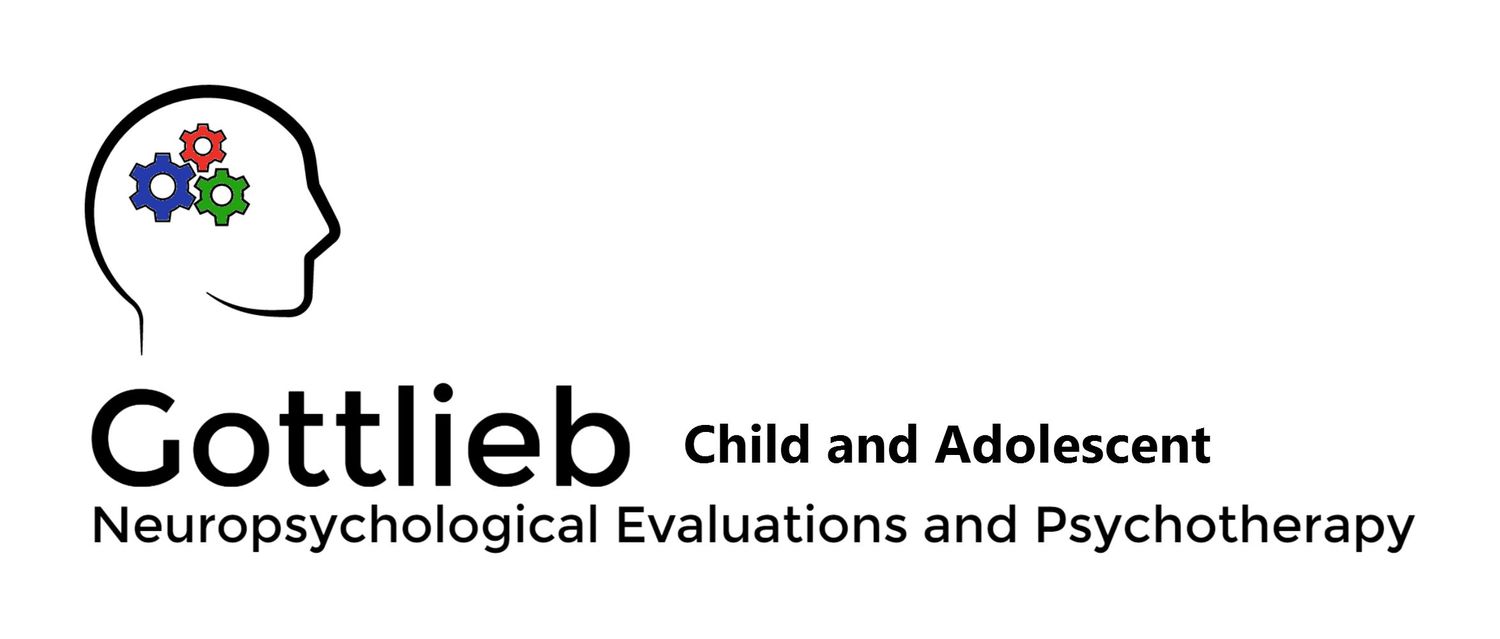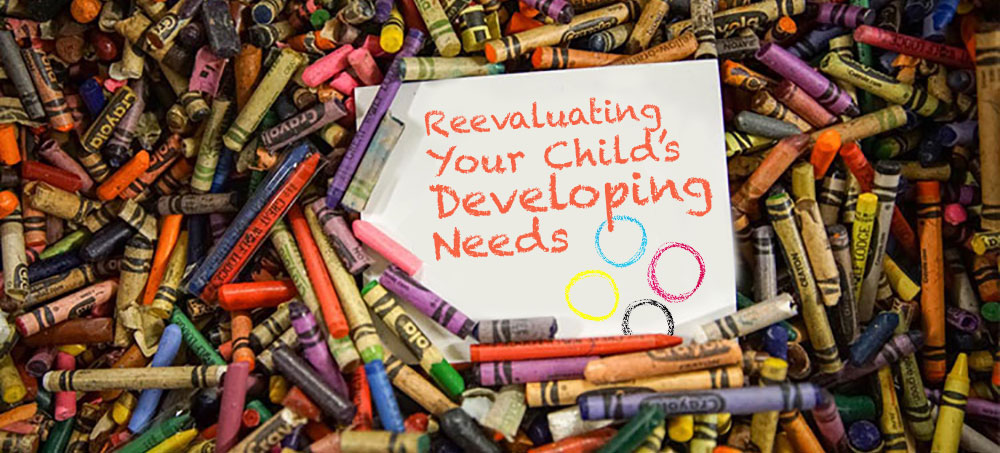Reevaluating Your Child’s Developing Needs
/If your child requires special education to fully access the school curriculum and has an Individualized Education Program (IEP), you are probably familiar with the initial evaluation or testing process that helped determine whether he or she was eligible for special education. Legally, a reevaluation (i.e., clinical testing and consultation) must be completed every three years (known as a “triennial evaluation”) to assess your child’s needs. While the school system will provide the components that they require (e.g., basic learning disability testing) for the IEP process, a lot of change can occur in three years of development for a child or young teen. In these cases, more comprehensive neuropsychological or psychoeducational testing may be recommended to provide an in-depth picture of your child’s current functioning (academically and more broadly), including his or her strengths and challenges.
The IEP process can be confusing, even for families who are heavily involved and conscientious about following the procedures. Therefore, I am providing some key concepts below to help make the process easier to navigate. When I work with families for testing, my package includes school consultation (e.g., conversations with teachers and staff and attending an IEP meeting) to provide support and guidance as they work with the school system (public or private) to complete the IEP process (or a private school equivalent).
It is important to keep in mind that a reevaluation is not the same as the annual review of your child’s IEP. The Individuals with Disabilities Education Act (IDEA) requires schools to reevaluate students with IEPs at least once every three years. The purpose of the triennial evaluation is to determine whether or not your child has made progress achieving his or her goals, and what changes, if any, are needed. Reevaluations are required every three years to assess if your child continues to qualify for an IEP. Three years is a long time in a child’s life, and his or her needs may have changed as he or she has developed. While the school will administer their required evaluations for the IEP, it is often beneficial to seek private testing to provide a tailored assessment of your child’s needs, academically and more broadly. As a private testing psychologist, I frequently work in collaboration with school IEP teams to best support the child or teen and his or her family.
There may be additional instances when updated testing is recommended, regardless of whether or not the triennial review date is near. For example, your child may be approaching a time of transition (e.g., going from elementary school to middle school or applying for college). When a child or teen reaches a new life phase, the expectations and environmental demands grow as well. Updated testing can help you and your child prepare for the next step with guidance and an actionable plan. These situations typically necessitate private testing, as they are not built into the school system.
A reevaluation may be required if your child is applying for accommodations on college entrances exams (e.g., the SAT or ACT) or beginning college. While the IEP system ends with the completion of high school, the IDEA also protects college students via a 504 Plan. For many families, this is a new system to navigate, and the young adult will need to take a more active role and self-advocate for his or her needs.
While the special education system may seem daunting at times, with support, you and your child can work together with his or her school to develop the best possible plan. For some children and teens, a specialized private school may be the best fit—I work with families to navigate this option as well. My goal is to work with the child or teen and his or her parents to provide understanding, insight, and direction given his or her specific needs.
I look forward to working with you, your child or teen, and his or her school to provide the best possible opportunities for his or her academic success. For more information about the kinds of testing and follow-up consultation services I provide, please don’t hesitate to contact me at 703-825-0502 or go to my website at http://www.gottliebchildpsych.com/.
Shira Gottlieb, Psy.D., Licensed Clinical Psychologist
Dr. Gottlieb is a licensed clinical psychologist. She received her B.A. in psychology, with a minor in neurobiology, from Harvard University, and her Psy.D. from the George Washington University. Dr. Gottlieb works with children and adolescents, and their families, to provide comprehensive neuropsychological and psychoeducational assessments to better understand the individual child or adolescent’s attention capacities, learning profile, emotional functioning, and behavioral presentation. For more information on Dr. Gottlieb, please visit her website at http://www.gottliebchildpsych.com/


